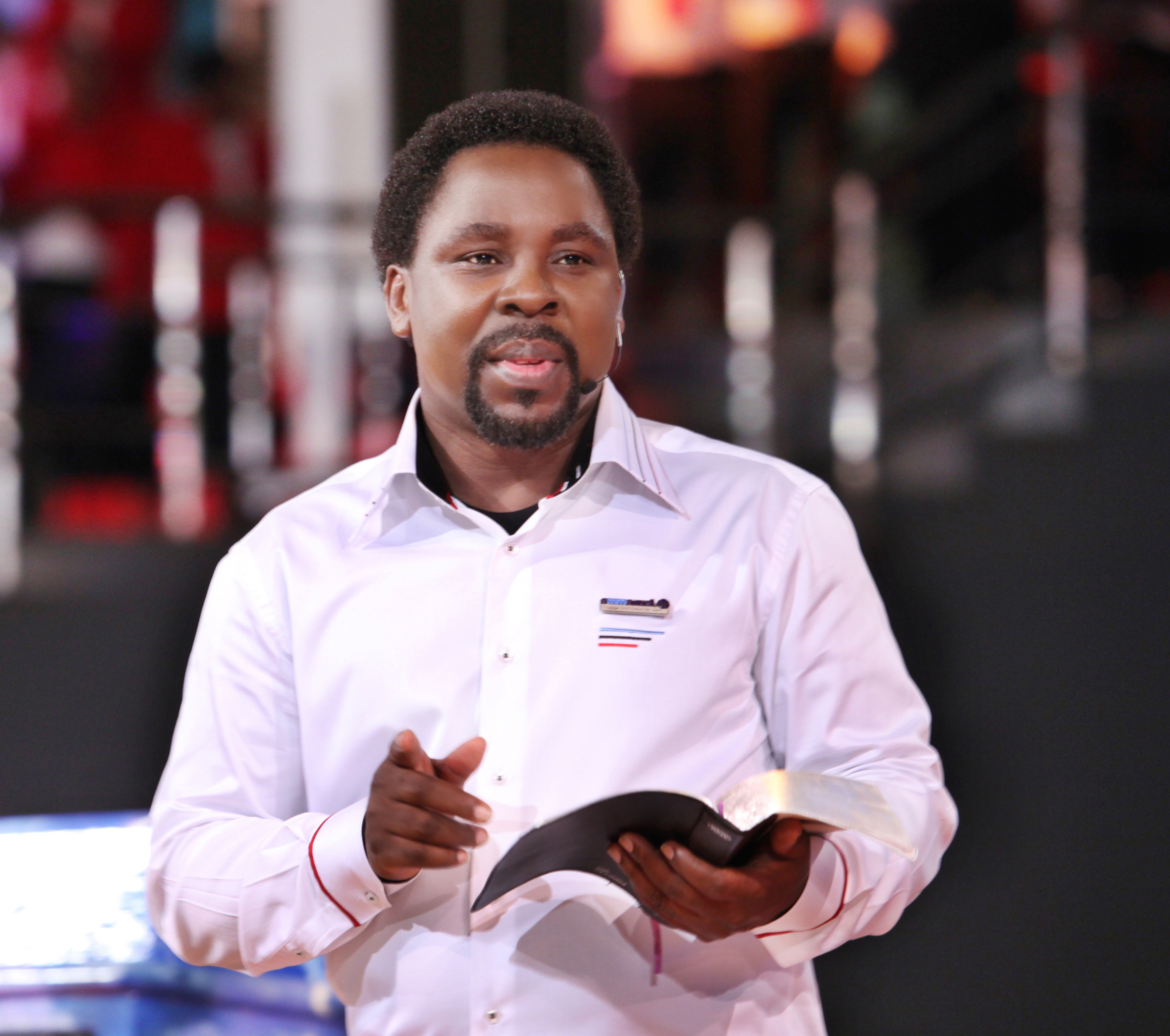Breaking News
Nigeria’s Presidency Denies Exchanging Synagogue Bodies For Arms

Nigeria has denied a report by a South African newspaper that the two countries agreed on a deal to exchange the bodies of South African worshippers who died in a Church building collapse in Lagos, for arms.
At least 80 South Africans died when a guest house owned by Synagogue Church collapsed in September, just about the same time South Africa seized a Nigerian airplane with $9.7 million cash meant for arms purchase for the Nigerian military.
Another tranche of N5.3 million was also seized later. The South African government said the transactions breached its laws and that the money would be forfeited to the state. The controversy about the cash money came as South Africa faced delays in repatriating the bodies of victims of the Synagogue church crash.
The report by South Africa-based Mail and Guardian said the two countries agreed to exchange favours by completing the botched arms deal and the repatriation of the bodies. The South African government has denied the report. But the newspaper cited official correspondences and interviews with top government officials to back its story, which it said remains true.
A senior aide to President Goodluck Jonathan, Reuben Abati, told PREMIUM TIMES on Friday that the two countries had no such negotiations, and said the report was “completely absurd”. “There is absolutely no connection between the repatriation of the body and the arms money.
They are completely two issues,” Mr. Abati said. He said any claim that there was such as understanding would be a “disservice to the memory of the dead”. Mail and Guardian report cited two letters written by the South African special envoy in-charge of facilitating the repatriation of the bodies of the victims, Jeff Radebe, to Directorate for Priority Crime Investigations and South African National Conventional Arms Control Committee (NCACC) trying to legitimise the arms deals despite two court orders freezing the money.
“Although the required administrative processes were not adhered to at the time, the government of South Africa deems it a bona fide error,” Mr Radebe wrote, generating suggestions that while in Nigeria, Mr. Radebe might have reached a deal with the Nigeria government to sort out the hitches.
Mr. Abati said such a suggestion was “preposterous.” He said there was no politics involved in the return of the bodies to South Africa. “It would be a disservice to the memory of the dead to play politics with such an issue.






